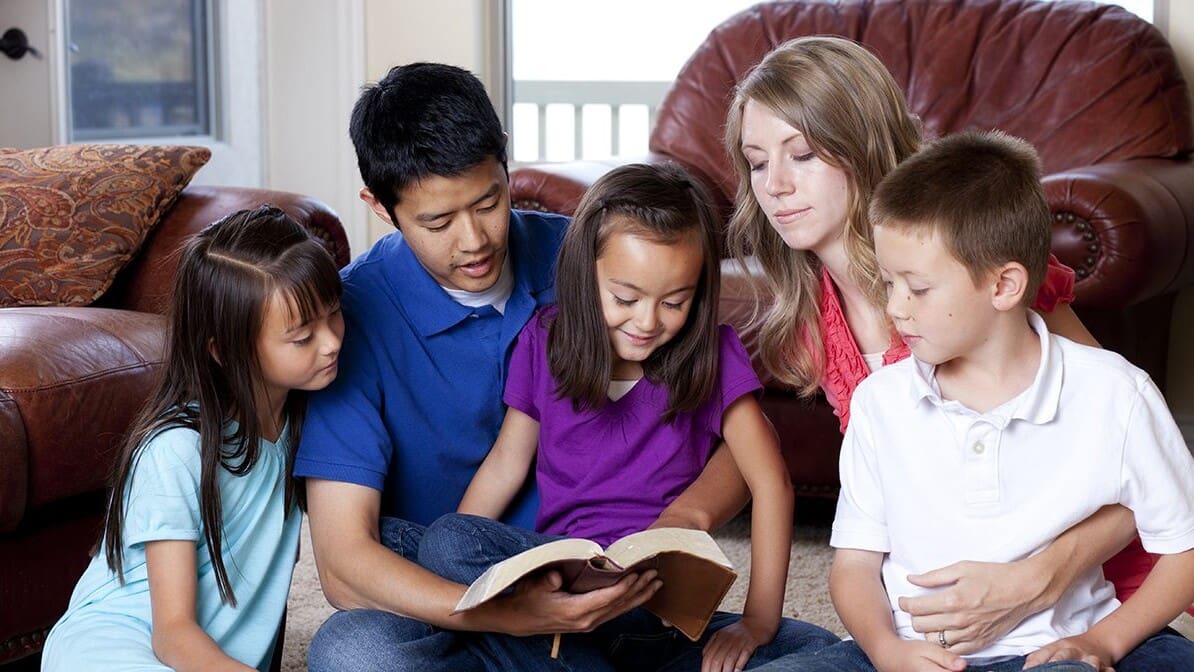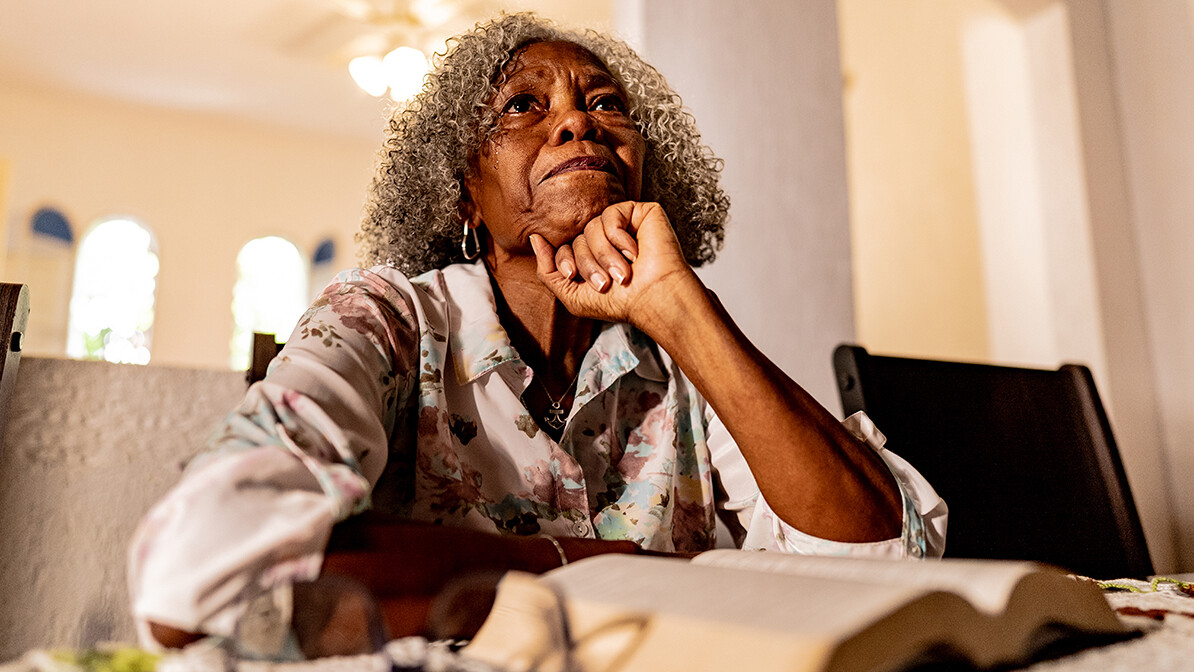Related Articles
The Secret to Supernatural Joy in Your Life
What if joy wasn’t tied to circumstances at all? Supernatural joy—the kind Jesus promised—can…
Ash Wednesday: Ashes to Ashes, Dust to Dust
Ash Wednesday invites believers to pause, remember their need for repentance, and prepare their…
You Don’t Have to Fix Everything to Be a ‘Good’ Christian
One of the most common—and exhausting—misconceptions among Christians, especially new believers, is…
How to Overcome Stress with God’s Peace
Stress has a way of disguising itself as responsibility, urgency, or even wisdom. But when fear…
Next Steps To Strengthen Your Walk
Inspiration Today Newsletter
Supercharge your faith and ignite your spirit. Find hope in God’s word. Receive your Inspiration Today newsletter now!
Christian Articles
Find articles to strengthen your walk and grow your faith. We have a wide range of topics and authors for you.
Submit A Prayer Request
We are here for you. Simply click on the button below to reach us by form, email or phone. Together we will lift our hearts and voices with you in prayer.


 Excerpt taken from Woven: Nurturing a Faith Your Kid Doesn’t Have to Heal From by Meredith Miller
Excerpt taken from Woven: Nurturing a Faith Your Kid Doesn’t Have to Heal From by Meredith Miller



